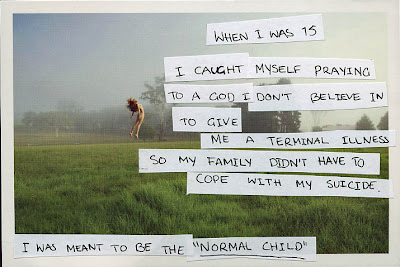
Eileen A. Joy, Assoc. Professor
Dept. of English Language and Literature
Southern Illinois University Edwardsville
Peck Hall, Room 3206
Edwardsville, IL 62026
ejoy@siue.edu
http://www.siue.edu/~ejoy
CHAPTER ABSTRACT
for: Transmediations, ed. Jen Boyle (for Ashgate)
Affect, Going Astray, and Transmed[iev]iations: The BABEL Project

I’m pretty sure my therapist is going to give up on me soon, and it’s my fault. I need some songs to listen to while resigning myself to being depressed forever.
—theme for a tiny mixtape, requested by James
. . . aren’t we, as enlightened intellectuals or as people struggling to be that, struggling with the difficulty of saying that in a manner that preserves the social authority of our discourse, that preserves its difficulty, our special right to make sense only to each other?
—Nicola Masciandaro
This essay will examine (or raise) the question of network affects, specifically in relation to the history of the BABEL Working Group, but also in relation to (re)turns to outmoded communication technologies, such as the postcard and the mixtape, as seen especially in the hybrid media ventures of Tiny Mix Tapes, where semi-anonymous users request “cassette” music mixes through invented themes such as ‘unrequited love, 1980-1988,’ ‘I made you fall in love with me but now I’m not sure what I want …,’ and “I feel disconnected from my friends, families, and even body: the world is an interesting place,” and also PostSecret, a ‘community art project,’ where people anonymously mail in their somewhat shameful or embarrassing secrets on hand-made postcards. This paper will argue that both Tiny Mix Tapes and PostSecret serve as important switching stations or branch offices for affective-communitarian postal systems that participate in what Derrida would say is both a lack and an excess of address (The Post Card: From Socrates to Freud and Beyond).